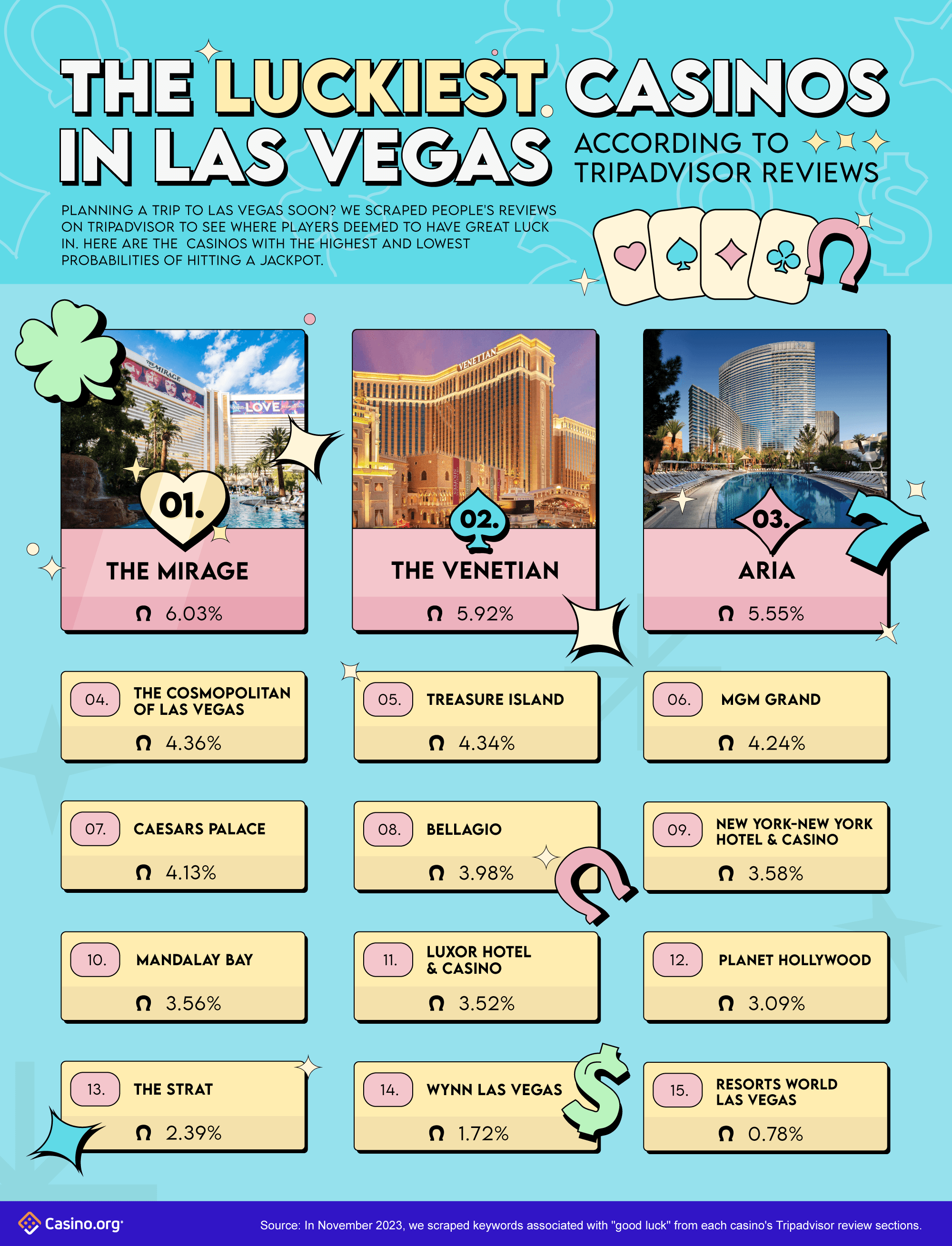
When we think of casino games, the first pictures that frequently come to mind are those of rotating roulette devices, card chips clinking on fabric surfaces, and cubes rolling across a gaming area. While numerous view these activities as mere hobbies fueled by chance, a deeper exploration reveals a fascinating blend of tactics, skill, and community interaction that raises them well beyond simple luck. Whether you are a experienced player or a curious newcomer, grasping the subtleties of these games can significantly enhance your enjoyment and understanding.
Casino activities have evolved over centuries, with various cultures contributing to their rich histories and variations. From the intricate tactics of 21 to the bluffing methods in card games, players engage in a contest of intellect as much as a gamble on numbers. This dynamic interplay between chance and expertise creates a exciting atmosphere that draws countless people to gambling establishments worldwide. As we explore the realm of table activities, we will uncover the methods that can shift the odds in your favor and the social elements that make these activities a favored choice for leisure and engagement.
The Strategy of Casino Gaming
Casino games often combine a mix of ability and luck, making them intriguing for participants who like a challenge. Each game has its own set of rules and tactics that can influence the outcome. For example, in titles like blackjack, participants are obliged to use strategies like card counting and understanding the probabilities to make smart decisions. This skill set can significantly improve the victory potential, differentiating seasoned players from novices who may rely solely on luck.
Conversely, games such as roulette may seem to be purely based on chance, but strategic thinking can also come into the equation. Players can select between different wagering tactics, such as the Martingale system, where they increase their wagers after a loss. This approach can create a more controlled approach to the activity. Understanding the odds of specific wagers can also help participants make better decisions on the table, demonstrating that even games of chance, strategy can enhance the experience.
Furthermore, the game of poker is notable as a game that heavily focuses on tactics. Unlike most gaming titles, the game of poker merges ability, mental acuity, and chance. Players must not only concentrate on the cards they are given but also consider their opponents behavior and wagering patterns. Mastering principles like position, the odds of the pot, and interpreting bluffs is essential for winning. This complexity of tactics in the game of poker often leads to a more engaging experience for players, as the decisions and abilities significantly impact the match’s outcome.
Grasping Probability and Odds
In the realm of casino matches, likelihood and ratios have a crucial role in determining a gambler’s potential consequences. Every activity has its own set of principles that dictate how the chance of succeeding or failing is calculated. For instance, in games like 21, players have a opportunity to affect their odds through tactics, whereas in games like the wheel, the outcomes are exclusively dictated by luck. Đánh giá các tính năng mới trên trang web FB88 Understanding how these chances are measured can greatly impact how a gambler tackles the match.
Odds are typically shown in two formats: ratio and numeric. Ratio ratios represent the ratio of the sum won to the sum staked, whereas numeric ratios show the overall return for a winning bet, including the stake. For instance, if a match has odds of 5 to 1, this implies that for every one dollar staked, a player could win five dollars if they win. Knowing how to read these odds allows gamblers to assess their potential winnings and formulate more educated decisions during gameplay.
Gamblers should also be aware of the casino advantage, which is the casino’s built-in advantage over the players. Each match has a distinct house edge, and grasping this concept is crucial for controlling one’s hopes and bankroll. Games with a reduced house edge, such as 21 and chemin de fer, typically offer better odds for players compared to activities like slot machines and lottery. By recognizing the connection between probability, odds, and the casino advantage, players can improve their gaming experience and plan more efficiently.
The Exciting Aspect of Table Gaming
Casino games at gaming establishments are often seen as a center of social interaction, drawing players together in a shared experience that goes far beyond the mere act of gambling. The atmosphere at a poker table can be vibrant, with gamblers engaging not only with the game itself but also with each other. Laughter, excitement, and, occasionally, friendly banter create connections that improve the overall enjoyment of the gaming experience. This communal aspect can turn a solitary endeavor into a lively social event, making table games particularly appealing.
One of the intriguing elements of gaming at tables is the way it cultivates camaraderie among participants. Whether it’s collaborating to defeat the dealer at a craps table or sharing stories between hands in a poker game, the environment encourages communication. Players often share advice or strategies, creating a sense of community that enhances the fun. This social dynamic can make new players feel welcomed and less daunted by the competitive nature of casino games. As the game continues, friendships may form, leading to a sense of connection that keeps participants coming back to the table.
Moreover, the social aspect of table gaming extends outside just the participants. Casino staff play a crucial role in encouraging interaction and maintaining the flow of the game. Their ability to engage gamblers with friendly conversation and their expertise in managing the table can create an inviting atmosphere. This connection between players and dealers adds another layer of enjoyment, where players feel bonded not only to each other but also to the staff. Such interactions are often what make the experience memorable, as players leave with tales to tell and relationships made, reinforcing the notion that gaming at tables are truly about something greater than luck. FB88
